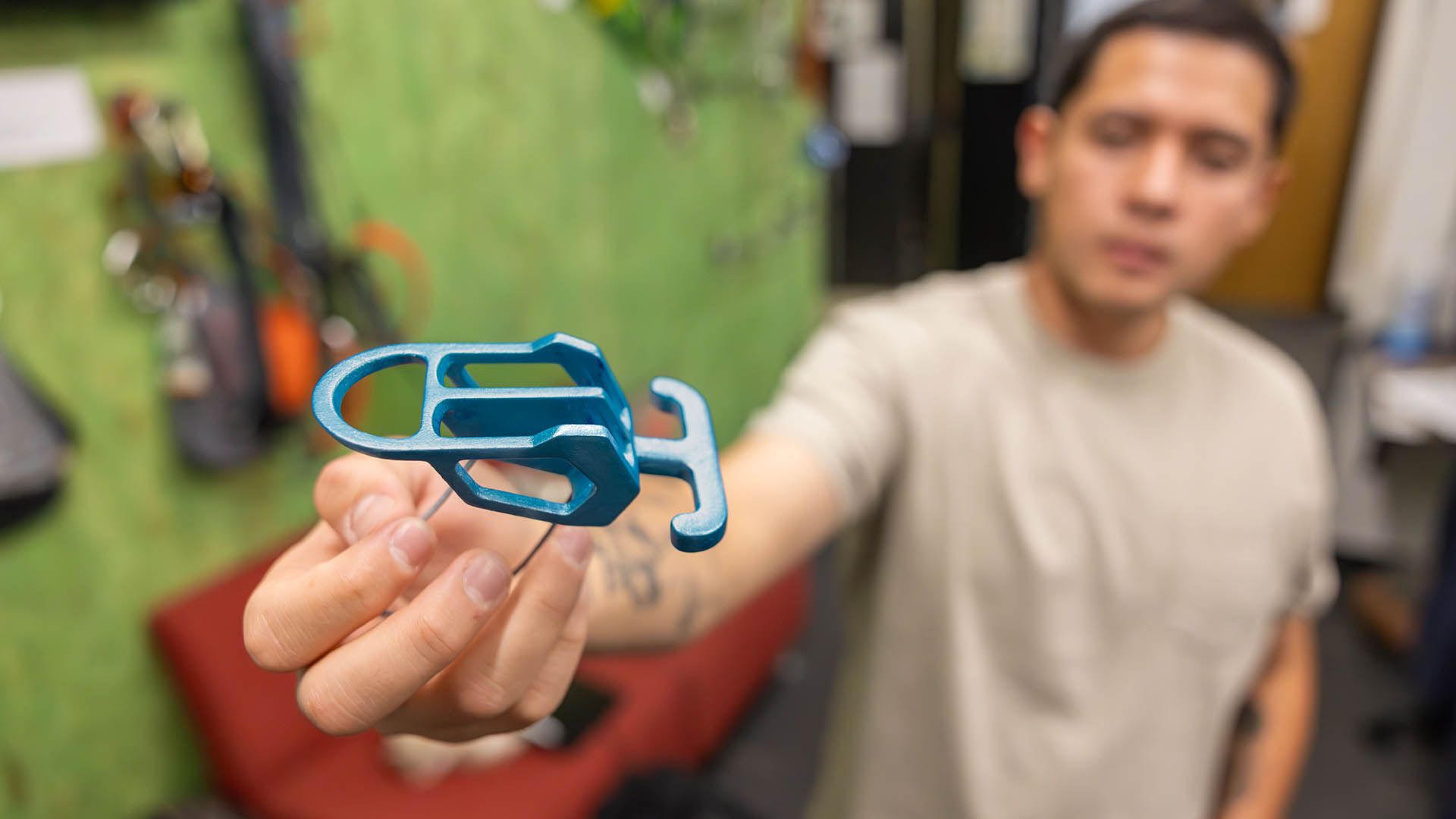An infectious disease expert answers your COVID-19 questions
Is food delivery safe? How long does coronavirus live on different surfaces? What cleaning products kill the virus? Here's what you need to know to keep you and your family safe from COVID-19.

As more and more Americans adjust to life during the COVID-19 pandemic, they’re also met with a barrage of information and are often left with more questions than answers.
RED went to infectious-disease specialist Sheryl Zajdowicz, Ph.D., professor of biology at Metropolitan State University of Denver, for answers to the most commonly asked questions she’s fielding during the COVID-19 outbreak.
Is it safe to order takeout and delivery for meals?
Sheryl Zajdowicz: As the virus is transmitted through respiratory droplets from infected individuals and there is low risk of contracting the virus from surfaces or food, it is safe to order takeout/delivery.
However, Zajdowitz says there are a few things to keep in mind:
- Don’t go out for takeout if you are sick, as you don’t want to transmit the virus to others (this should be true anytime a person is sick, though). For delivery, if you are sick, take precautions to not transmit to the delivery person. If possible, have deliveries left at the door.
- Remove packaging materials from the takeout or delivered food and discard the packaging. There is no evidence of foodborne transmission of the virus.
- Wash your hands after handling packaging and prior to eating to prevent any possible transmission – touching a contaminated surface is still considered to be relatively low-risk, but it’s always good to wash your hands before eating.
- Don’t touch your face until you’ve washed your hands.
- Clean countertops where packaging may have been placed.
- For grocery deliveries, you can use disinfectant wipes or basic disinfectants to clean the outside surface of containers (boxes, bags, bottles) that may have been handled by another person.
How long does the virus last on different surfaces?
Zajdowicz: A recent study showed that in a laboratory setting with precise environmental conditions (that may not be reflective of the various conditions in a natural setting), the virus has variable survival on different surfaces.
- On copper, there was exponential reduction of the virus in less than an hour following inoculation (placement) of the virus on the surface, and no active virus was detected after four hours.
- On cardboard, there was exponential reduction between four and eight hours, with no active virus detectable after 24 hours.
- On steel and plastic, there was exponential reduction of the virus by 24 hours, (with further detection of) up to 48 hours on steel and up to 72 hours on plastic.
It should also be noted that while the virus may be present on surfaces, it is unclear as to whether the amount of virus that would be transferred to a person is sufficient to cause active infection through contact transfer.
What sort of cleaning products should people use? What about replacements if the stores are out, or natural products?
Zajdowicz: You definitely don’t want to mix bleach or other compounds, as the results can be toxic. Any common household disinfectants – Lysol, Clorox disinfectant wipes, etc. – along with bleach, hydrogen peroxide and other products with at least 70% rubbing alcohol are all effective on the SARS-CoV-2 virus. If you can’t find those, use soap and water to disinfect.
The CDC recommends against the use of vinegar and essential oils in disinfecting surfaces potentially contaminated with SARS-CoV-2. Seventh Generation products are EPA-approved disinfectants and indicate that they can combat flu and many other pathogens. However, they are not on the recommended list for SARS-CoV-2 because they are not listed under the EPA’s Emerging Viral Pathogen program at this time; they have submitted an application for consideration, though.

What are places around the house that people should take care to keep clean/sanitized?
Zajdowicz: Your hands should be the most washed items in your house! Otherwise, cleaning surfaces that are commonly touched such as countertops, handles, doorknobs and even light switches, etc., is always good practice in preventing the spread of sickness.
If people are out for fresh air walking the dog (or Nordic skiing, which Gov. Jared Polis said was OK) while practicing social distancing, what else should they know about staying safe outside?
Zajdowicz: Getting outdoors for fresh air and exercise is great for the immune response and for mental health. There is low risk if you are maintaining distance (even if you are in the most vulnerable populations).
If you have any symptoms of COVID-19, however, you should stay indoors to recover or seek medical attention if your symptoms are severe.
Are we seeing any information related to how long this pandemic might last?
Zajdowicz: This is a tough question to answer as predictions are based on modeling and there are different variables that can be put into play. … With the lack of the ability to test all individuals to determine those who are currently infected as well as those who may have already been infected, it’s challenging to get a clear representation to make predictions.
I’m hopeful that studies from the cruise ship and the antibody testing being done in Telluride will give a better representation for predictions. There was a great report in Science magazine recently that discussed three models and predictions.
Any final bits of advice?
Zajdowicz: It’s important to not panic. Take precautions as suggested by the CDC – frequent handwashing, not touching your face, disinfecting surfaces, social distancing, staying home if you’re sick – and if you have suspected symptoms, call your medical provider for guidance while limiting your interaction with people in your home. If your symptoms are severe and require emergency attention, go to the hospital.
Exercise and boosting the immune response can help to protect you as well. These are all true for preventing the spread of any infectious agent.
Try to find something to bolster your spirits … whether it’s taking a walk, reading a good book, snuggling with kids or fur kids, binging a show on Netflix, watching those cheesy movies that you’d never admit to watching, trying a new recipe, gardening, taking virtual guitar lessons with a group of other enthusiasts, Facetiming for coffee time or happy hours with friends and family, or whatever else may give you a little boost.
Lifting your spirits has great benefits for not only your mental health but also your immune response.







